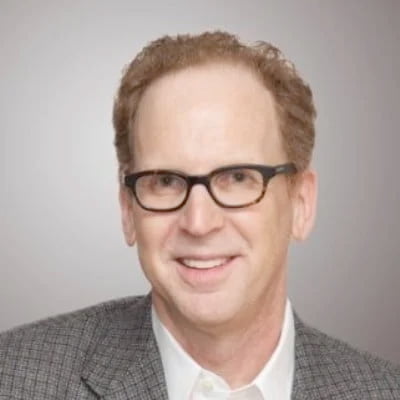One of my non-radio pursuits since moving to Bowling Green has been to take advantage of a Kentucky law — KRS 164.284 — which grants free tuition to any state-supported institution of higher education for state residents who are 65 or older. That’s a lot of words, but put simply, those of us who are older can take university classes for free! Bowling Green, besides being the home of the Corvette, is also home to Western Kentucky University. The name of the school is a little odd because this is south central Kentucky and you can drive two hours west of here and still be in the state. However, the team name, Hilltoppers, is deadly accurate as the school is on top of a hill in Bowling Green, and walking uphill to class burns quite a few calories.
I’m wrapping up my first class and for me, it’s my first university-level class as a student since the ‘80s. If you’re like me and haven’t taken a class this century, it’s different because, like most everything else, education has moved online. WKU uses Blackboard, an online tool, and I’ve adapted to sending in assignments and papers online as well as taking exams online in the comfort of my home office.
My reason for all this background is that in the last session of History 349, American History from 1945 to the Present, our instructor, Dr. Tony Harkins, asked us to form small groups and determine the three biggest events of the last 30 years. When each group presented their choices, one was unanimous: the Internet. Sure, there was 9/11, the collapse of the Soviet Union, the COVID pandemic, but no other choices were unanimous. Even 9/11 was problematic for most of the students as they weren’t alive when it took place 22 years ago.
That led to a class discussion and listening in, you really appreciate the difference in outlook when the rest of the group is a half-century younger than you! They referred to their parents adapting to being online and considering that I’m old enough to be a grandparent to any of them, it made me think back to my first PC, a Compaq dual floppy that I purchased in 1984. The Hayes 1200 baud modem was almost $500 extra, but it was worth it to be that far ahead of the technology curve! They have never known a time without the smartphone, high-speed internet, and the ability to find out almost anything they want to know instantly.
Admittedly, a group of WKU history students is not a random sample and is not projectable to the population, but I also heard some misgivings about AI and the perils of the internet. They know the power of the internet to ruin people’s lives if used for nefarious purposes.
What does all this mean for radio? I wish I had been able to ask about their use of broadcast radio, if they use any at all, but to no great surprise, this group is in another world. That’s not a negative statement, but for all formats, we’ve done things the same way for so long that we likely don’t know another way to accomplish our tasks. Yes, radio is multi-platform like just about any other medium today, but as this cohort ages, what happens to our medium?
I’m not the first to bring this up, but we really need to step up if we’re going to have another generation of radio listeners, regardless of the distribution system. What will it take to make radio relevant to their needs and desires? Being in close quarters with them for a class lets me see some of the similarities of what I can remember from my undergraduate days and their different attitudes and experiences, which are very different from what I went through in the ‘70s.
Time to study for this week’s final (I’m auditing, but for the purpose of keeping my brain busy, I do all the required work)! If you’re in the golden years like me, you might want to consider going back to school, too. Most states have some kind of tuition waiver (for more info about your state’s options) and try it out! Not only will you learn something and interact with much younger people, you can even get student discounts as well! Thanks to Dr. Tony Harkins for putting up with me for the semester and “Go Tops!”.
Let’s meet again next week.






